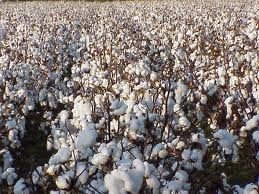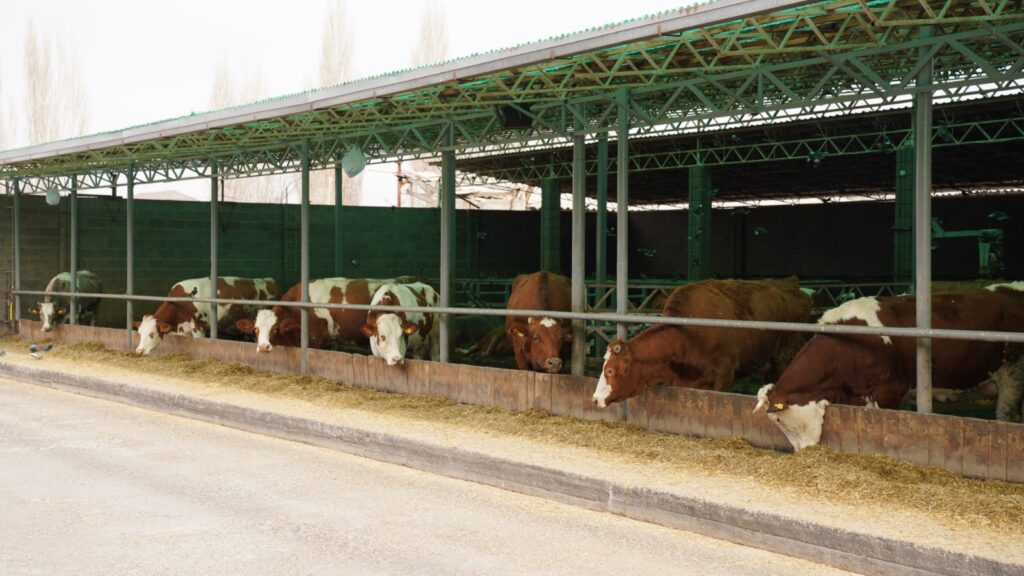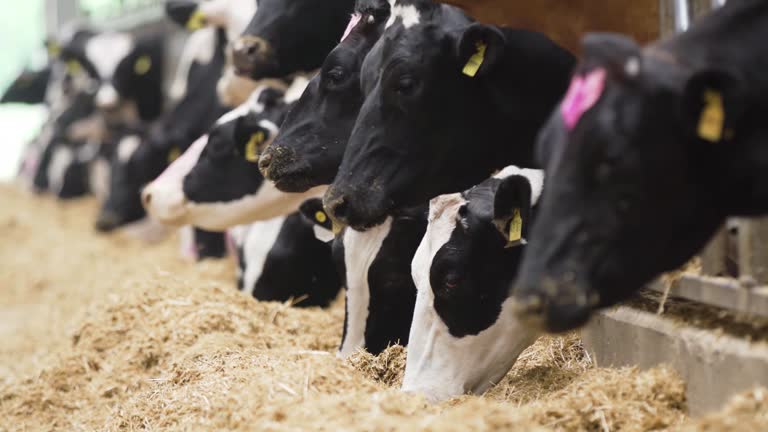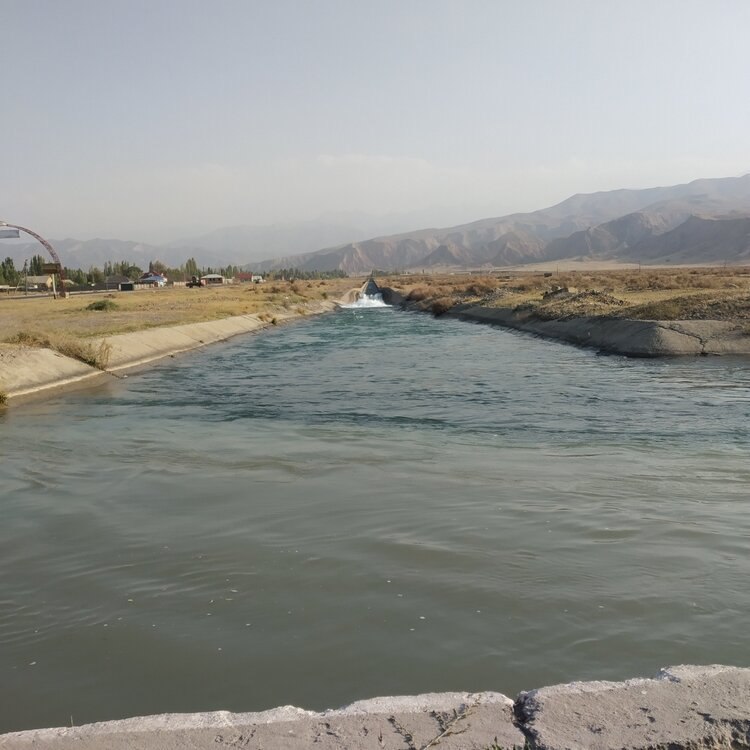TASHKENT (TCA) — Eleven plants in Uzbekistan will produce cooking oil from non-traditional oil-bearing crops — soy, sunflower, and safflower, Novosti Uzbekistana news portal reported.
Since the Soviet time the traditional oil-bearing crop in Uzbekistan has been cotton.
To produce cooking oil from non-traditional crops, Uzbekistan has restructured two plants in Tashkent, as well as plants in Karakalpakstan, Jizzak, Samarkand, Navoi, Syrdarya, and Fergana provinces.
According to official figures, last year soy, sunflower, and safflower were sown on over 100 thousand hectares in Uzbekistan.
The cultivation and processing of these nontraditional crops allowed increasing the cooking oil production in the country from 17 thousand tons in 2011 up to 30 thousand tons in 2015.
In January 2016, Uzbek President Islam Karimov announced plans to reduce, until 2020, the production and state purchases of raw cotton in Uzbekistan from today’s 3.350 million down to 3 million tons a year.
This reduction of cotton production by 350 thousand tons per year would make some 170 thousand hectares of irrigated farmland available for other crops. That is mainly saline and foothill land with low cotton productivity of 12-15 centners per hectare (the country’s average is 26.1 centners per hectare).
These former cotton plantations will be used to grow vegetables, potato, fodder and oil-bearing crops, as well as plant orchards and vineyards.
Implementation of the plan will help increase the export of the above products.
It is also important that the price of cotton has been steadily falling in the world market in recent years.









